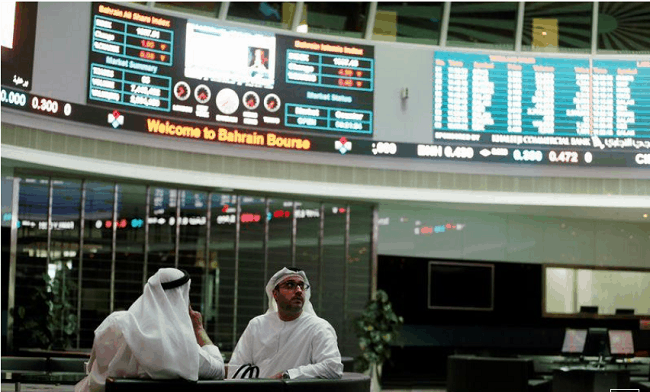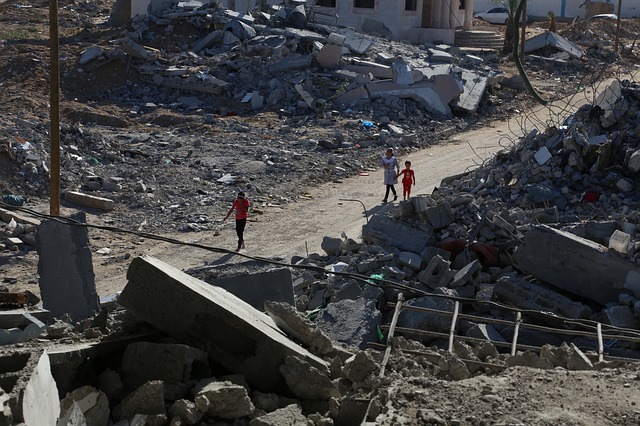Major Middle Eastern markets ended lower on Monday, after oil prices slid on the possible return of Libyan production and as rising COVID-19 cases around the world stoked demand concerns.
Global oil refiners are cutting fuel production into the autumn as the recovery in demand from the impact of coronavirus has stalled, according to executives, refinery workers and industry analysts.
Saudi Arabia’s benchmark index .TASI fell 0.9%, with Al Rajhi Bank 1120.SE losing 0.6%, while Riyad Bank 1010.SE shed 2%.
Dubai’s main share index .DFMGI dropped 2.2%, pressured by a 2.8% fall in sharia-compliant lender Dubai Islamic Bank DISB.DU and 3.3% slide in blue-chip developer Emaar Properties EMAR.DU.
Lower prices and disruptions to crude exports could impact fiscal balances in countries reliant on oil income.
The Abu Dhabi index .ADI declined 1.2%, driven down by a 1.6% drop in the country’s largest lender First Abu Dhabi Bank FAB.AD and a 1% decrease in Emirates Telecommunications Group ETISALAT.AD.
In Qatar, the index .QSI retreated 1.5%, as all the shares on the index were in negative territory except one. Petrochemical maker Industries Qatar IQCD.QA slid 2.2%, while Mesaieed Petrochemical MPHC.QA slid 4.6%.
Egypt’s blue-chip index .EGX30 slipped 0.5%, pressured by a 4.1% slide in Telecom Egypt ETEL.CA and a 4.6% decline in Ibnsina Pharma ISPH.CA.
SAUDI ARABIA .TASI fell 0.9% to 8,291 points
ABU DHABI .ADI lost 1.2% to 4,492 points
DUBAI .DFMGI rose 2.2% to 2,270 points
QATAR .QSI dropped 1.5% to 9,764 points
EGYPT .EGX30 down 0.5% to 10,910 points
BAHRAIN .BAX eased 0.1% to 1,440 points
OMAN .MSI added 0.2% to 3,626 points
KUWAIT .BKP was up 0.7% at 6,116 points.




























